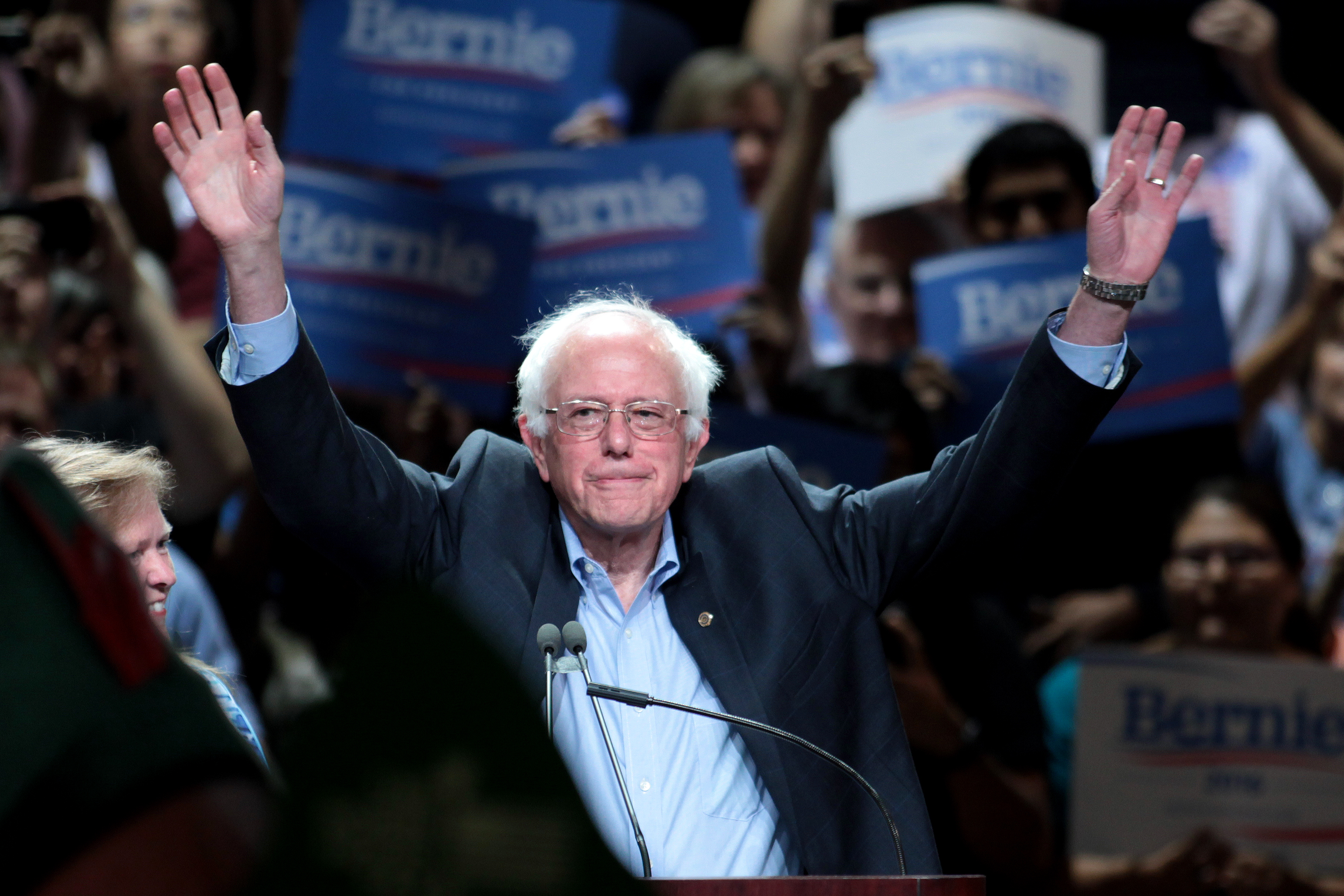Views expressed in opinion columns are the author’s own.
Last week, my fellow Diamondback columnist Nate Rogers wrote a piece about health care policy that lacked his usual wisdom. Rogers argued the “fiery declarations” and “grand gestures” of politics are poorly equipped to address America’s health care system. What should be a “boring, detailed discussion” over incremental changes has been hijacked by ideologues who offer sweeping policy proposals to rile up their constituencies. In essence, Rogers writes, “Politics broke the health care debate.”
[Read more: Take politics out of health care debates]
Politics can be removed from a health care debate as easily as cost can be removed from a car sale negotiation. The two are inextricably linked — and they should be. Without politics, the health care debate will become a moral desert of technocratic tinkering that does nothing to serve the vulnerable.
Politics, according to political scientist Harold Lasswell’s famous formulation, is the business of “Who Gets What, When How.” Lasswell’s questions are fundamentally moral. When politicians decide “who gets what,” they must explore why certain actors are deserving of legal protection or material benefit. When we debate politics, we’re awash in ethical questions.
What level of poverty, if any, are we willing to tolerate? To what extent can a state legitimately seize resources accrued by the privileged? What number of American lives are we willing to expend on a humanitarian intervention? And what interventions are even worth national interest? To answer any of these political questions, an individual must wield moral arguments.
Stripping politics from the health care debate would mean stripping morality from the health care debate, a proposition both inadvisable and impossible. Any reform of American health care must determine whether it’s acceptable to save money by limiting expensive procedures. Any health care debate must answer whether it’s right to force individuals to insure procedures they’ll never need. And a health care reformer must determine if health care is a privilege or a right before writing any white paper or printing any chart.
To be fair, Roger’s vision of a government without politics is a common one, especially among America’s wonks. The wonks distrust ideology — they are more comfortable tinkering with the cells of a spreadsheet or scrolling through the recent blockbuster economic study. If wonkery had a guiding principle it would be this: Through judicious study of empirical reality, we can craft sound government policy without dirtying our hands with politics.
Vox founder and intellectual godfather of the wonk class Ezra Klein summed it up best when he said, “I don’t really think of myself as a liberal. That’s not the project I’m part of, which is to let the facts take me where they do.” The wonks don’t need ideology, politics or morality because they know what works.
But something only “works” pursuant to a political goal. Block-granting Medicaid might work if your goal is to dismantle the welfare state, but it certainly doesn’t work if you care about effective care for the poor. The wonk’s tools — charts, modeling, regression — are useful. But wonkery can never be a governing ideology because ideology requires moral direction. Asking an apolitical technocrat to reform health care is like asking a hammer to build a house — the tool is without direction.
This brings me to my final beef with Rogers’ column. He correctly observes the recklessness of the Graham-Cassidy reform proposal, which would block-grant and phase out all Obamacare funding. But he then turns his sights on Bernie Sanders’ recent single-payer proposal, writing, “Of course, liberal health care policies can be just as political and short-sighted.”
Only the wonk would see these two health care policies as united in radicalism. To most observers, a moral disagreement distinguishes single-payer from Graham-Cassidy. Single-payer advocates believe it’s abominable that economic status determines one’s access to medical care. Graham-Cassidy fans think it’s wrong to ask the wealthy to subsidize care for the worst off.
No number of charts will bridge the gap between these two health care visions. Before we talk about spreadsheets and CBO scores, we need to talk about our obligations to each other. We need a moral discussion. We need a political discussion.
Policies like single-payer are admirable precisely because they transcend hollow wonkery. They reject a governance of tinkering and embrace a politics of transformation. They recognize hope is a human right and that when our neighbors’ health is at stake, incrementalism is like treating AIDS with Advil. These times are bleak. But the way to a better world isn’t to eschew politics but to embrace it with passion and moral clarity.
Max Foley-Keene, opinion editor, is a sophomore government and politics major. He can be reached at opinionumdbk@gmail.com.



